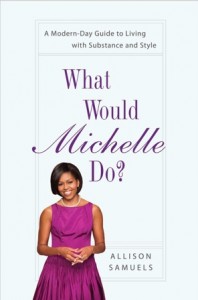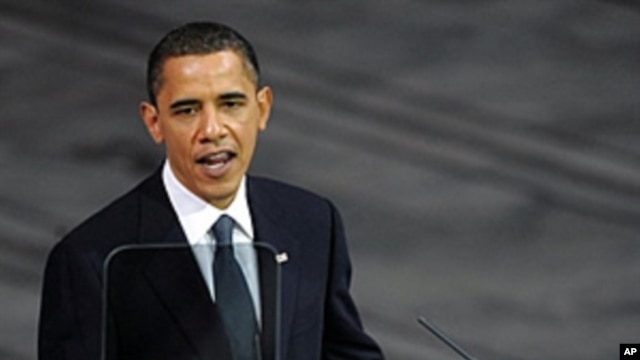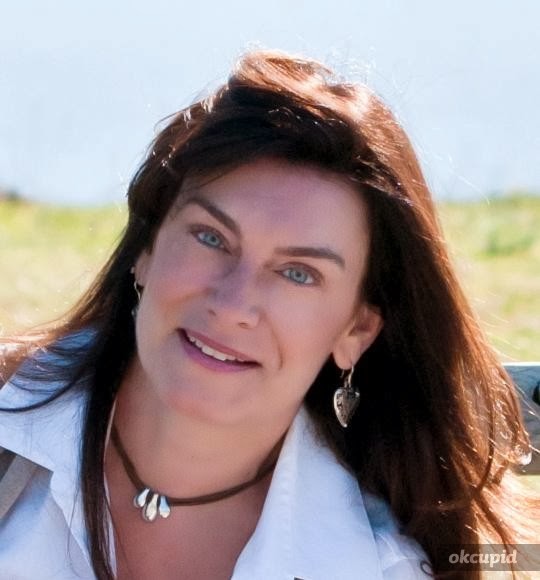![]()
Authors engage us with the spirit of their characters and it is always a pleasure when we get to enjoy those characters in the next novel. In the first novel, Next Year in Jerusalem: Romance, Mystery and Spiritual Awakenings Holstein introduces us to Maggie and Natalie as they embark on a vacation to Jerusalem. Holstein continues the drama in Part 2 in this Trilogy of Romance Books as Natalie and Maggie, best friends since college, find themselves steeped in the romance, mysticism and mystery of Jerusalem.
The appearance of Jack, a diamond dealer and Natalie’s old boyfriend from college, creates incredible tension and arousal for Natalie. How can see keep her marriage intact? A new man mesmerizes Maggie also in her life: Raji from India.
The mystery woman, Chaya Sarah, continues to share profound spiritual wisdom. Teaching Natalie the concept of ‘soul mate’ helps Natalie revive her marriage, at least for a night.
However Chaya Sara’s secrecy about herself baffles them, and concern grows that Chaya Sarah may be involved in more than meets the eye.
Too soon they must leave Jerusalem. A last minute surprising upset centered around Chaya Sarah frightens them and they realize they may be dealing with intrigue and terrorism.
How will Natalie and Maggie handle the mystery and romance that floods both women as they attempt to get back to life in the United States? Can a return to Jerusalem be far behind in this trilogy of romantic fiction?
Book Excerpt from Next Year in Jerusalem, Part 2, Around Every Corner, Mystery & Romance in the Holy Land
Chapter Six,
As the driver pulled away, Natalie realized how poorly lit the street was. Now, well past dusk, the one street light way down the block did nothing to brighten the end where she stood. The building itself had one little light above the doorway. As she walked along the sidewalk to the front door, she shivered suddenly and wondered why in the world she'd sent away her protection?
She rang the bell. Immediately a sweet young woman, probably no more than twenty-nine or thirty, head kerchief neatly in place, answered the door. Natalie felt better. Now to introduce herself and get started. Her heart pounded, but from excitement, not fear.
"Can I help you?"
"Chaya Sarah made an appointment for me to come here tonight after sundown."
"Oh, sorry, phones no working," the girl said in broken English. "No messages this week."
Natalie felt her heart begin to pound harder. Now she was upset. Another mix-up, another confusion where she would never know if Chaya Sarah had tried to call!
"Oh, well, I'm here to go into the mikvah.* I understand I can go in as a bride, even though I've been married many years. It is my first time. I was told a matron would show me what to do and give me a prayer to say."
"First time? No problem. Come in. I will show you where to go. Cost ninety shekels. Fill out form."
Natalie handed over the money, and signed the visitor sheet (a blank piece of notepaper with the date at the top). She .was not at all sure the young woman understood most of what she said. Only later did she wonder why she so freely signed a blank piece of paper with her name and full home address.
"Come this way." The young woman led Natalie past a small waiting room with pleasant pink walls and a soft gray marble floor. There were no pictures, no signs and no literature with the facility’s name. The place was stark, but certainly clean and feminine in its color scheme. It was eerily quiet. Natalie wished she had asked the taxi driver to wait.
The young woman spoke. "Please, you go here," she said as she opened the door of a large, attractive bathroom with many mirrors. "Robe in there,” she explained as she pointed to a small closet. “After shower, go down hall to mikvah."
"Will you be coming in to help me? Natalie practically begged. “Are there prayers to say?"
"See, mikvah down there. You open and go in. No one bother you."
Obviously, they hadn't communicated clearly. "Any prayers to say?" Natalie tried one more time.
The young woman looked perplexed. "Mrs. Levy not here, I alone." It hadn’t seemed to work, and eventually Natalie realized that not only was the woman's English poor, but apparently Mrs. Levy was the wisdom keeper of everything, including the prayers. Finally, she surmised that she’d have to make the most of her experience. So much for that; she’d just have to carry on by herself. There was no going back now.
The woman walked back to the desk in the waiting room and sat down. Apparently, it was all now in Natalie's hands.
She went into the bathroom and started to undress. Determined to make the most of this situation, she let the environment begin to take over. This was going to be fun. Yes, she would prepare for the mikvah as if she was a Queen. Maybe she’d been the Queen of Sheba in another life? She laughed to herself, and then the image of being a very special bride on her wedding night came to her. It was a lovely image.
Somehow, the environment elicited from her vague yet powerful feelings. She felt so female, part of a special group, a sisterhood of women who had gone from babyhood to elder years ... one by one in an endless chain of family life, belonging to the same tribe. She saw her body today, naked in the mirrors, and once more felt moved to tears. She envisioned those before her--her grandmothers and her mother, and then saw her daughter after her, and imagined granddaughters in the future. She felt their energy, their hopes, dreams and prayers along with hers in the highly charged feminine bathroom.
She felt good although she was crying at the same time. The golden chain of women in her mind's eye engaged in no gossip, put-downs, criticisms or comparisons. It was as if each woman had been branded with a primitive imprint that identified her as belonging to the same clan; no need for words. Just timeless knowledge, maybe first known by Eve in the Garden of Eden and passed down over hundreds of generations, a knowledge of mannerisms and hopes and dreams that transcended time. Now, she stood right here in the midst of it, finally able to enjoy the same rights as other Jewish women throughout history.
Natalie showered again with a vengeance. She was determined to be as clean as she could be for the purifying waters. With no one to guide her, she washed her hair, took off her make-up, and trimmed her nails with the small scissor that lay on the vanity. She looked at the three red strings on her wrist. Should she leave them? It didn't seem right, since she knew she was to be completely unadorned. Without another thought, she cut them off with the scissor.
She was ready now. She took a fluffy robe from the closet, and a pair of paper slippers, the kind they give you when you're in the hospital. She also grabbed a towel from the closet shelf and proceeded down the hall.
The building was totally silent. When she looked back she didn't even see the young woman in the waiting room any more. She could see from the small window in the hallway that it was pitch dark outside. The only noise was that of a siren somewhere, and the sound of an occasional car passing by.
She opened the door to the mikvah. The room was the size of a small bedroom with white tile walls,and most of it was taken up by what looked like a very small swimming pool. She’d feared the water would be cold, but as she stepped down a small staircase into the water, she was surprised as the pleasant warmth rushed up to her. At chest level the water seemed so much smoother and silkier than regular water. She sank down further, letting her hands float at her sides as the water welcomed her. A profound feeling of safety and calmness enveloped her. Were there guardian angels in here with her? It felt that way, but she wasn't scared. She felt protected and loved and, in turn,felt her heart opening up toward David.
Making her own prayer she said aloud softly, "Dear G-d, may David and I be blessed with the harmony that comes from being soul mates. And may I have the strength not to be influenced by other forces not in my best interests."
That covered it. She wasn't going to credit Jack by even saying his name aloud in these sacred waters.
She dunked herself in the waters three times, really fast. She had promised herself, but that part was hard. She grasped her towel and wiped her eyes and ears. She had almost drowned on Cape Cod once as a child, but a big strong man had pulled her out. Since then, she could never stand to go underwater. But this time it was worth it. This was for their marriage and for herself.
She returned to her changing room where she took another shower, this time a quick one, and got dressed. When she went back to the waiting room no one was there. In fact the young woman never reappeared even when Natalie called out....
*mikvah: A specified pure body of water that is used for total immersion, often associated with bringing a heightened level of sacredness to the marriage bed.
About Dr. Barbara Becker Holstein
Dr. Barbara Becker Holstein, internationally known positive psychologist, inspires thousands with her ENCHANTED SELF®. Around the world, people benefit from her techniques to enhance well-being, and to live up to their potential. Known for her ability to make complex psychological concepts easy to understand and to implement, she has now turned her talents to novel writing. "A great fiction read is a great escape, and yet, it is more! It is the gateway to new ways of thinking and behaving."
Dr. Holstein received her Doctorate in Education from Boston University and her BA degree from Barnard College. Dr. Holstein has been a school psychologist and taught first and second grades. She is in private practice with her husband, Dr. Russell M. Holstein, in Long Branch, New Jersey. Find her at www.enchantedself.com Her previous books include:
· THE ENCHANTED SELF, A Positive Therapy
· Recipes for Enchantment, The Secret Ingredient is YOU!
· The Truth (I'm a girl, I'm smart and I know everything)
· Seven Gateways to Happiness: Freeing Your Enchanted Self.















































































































